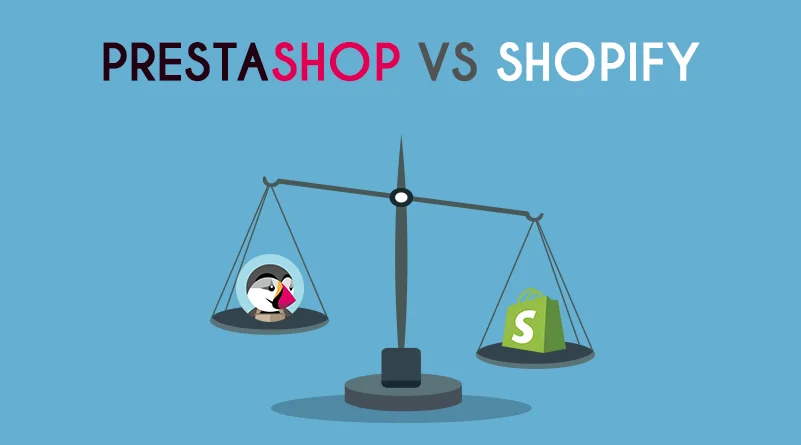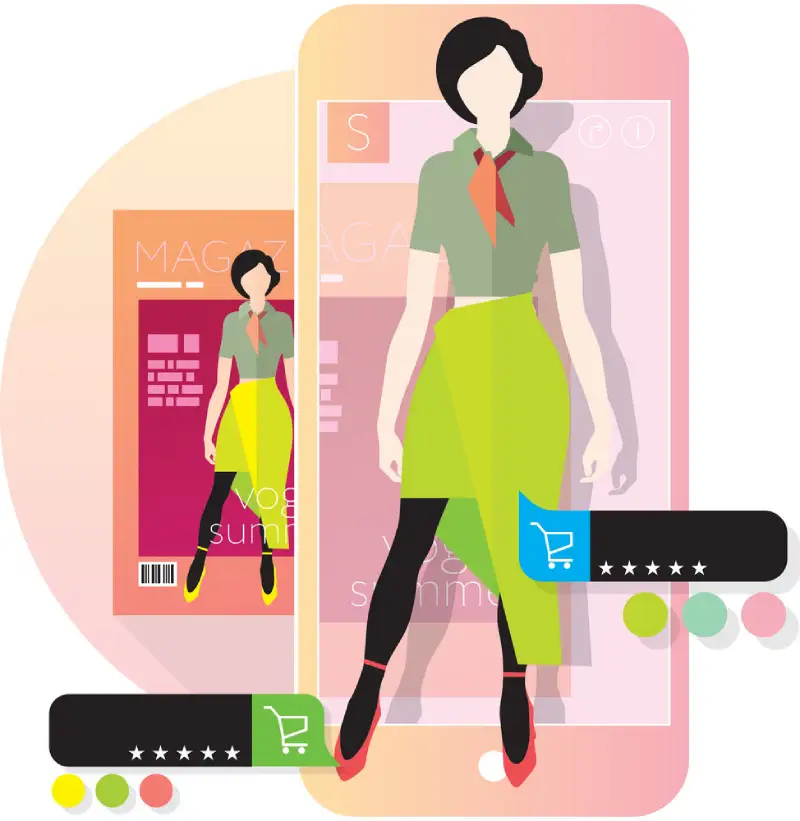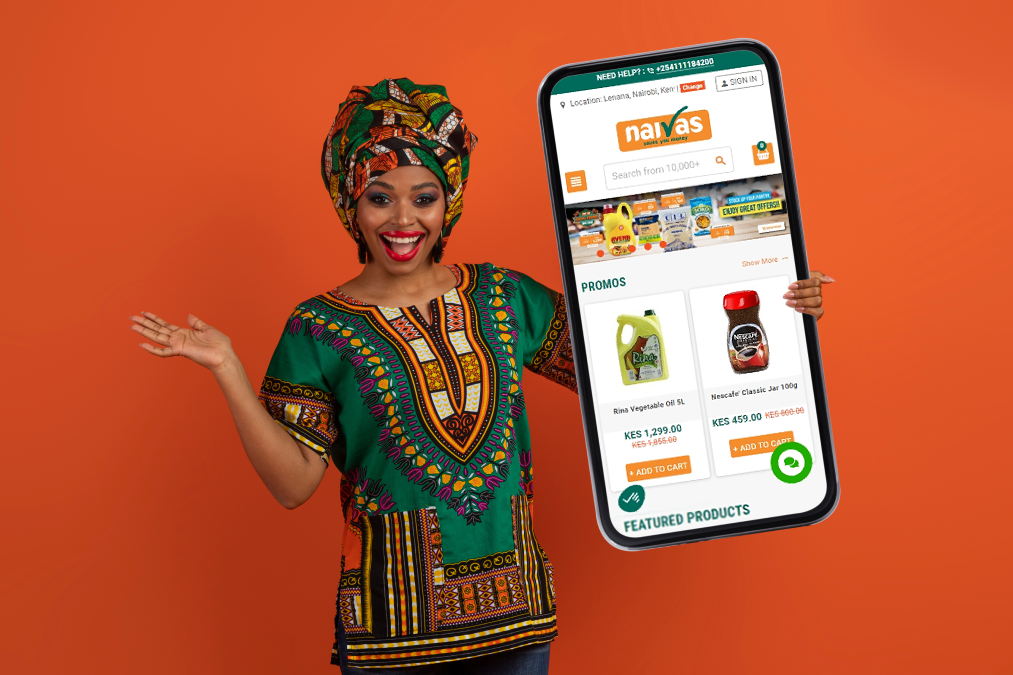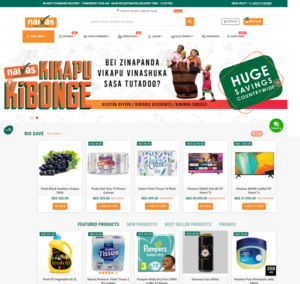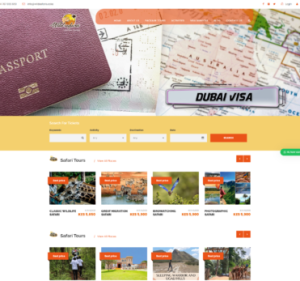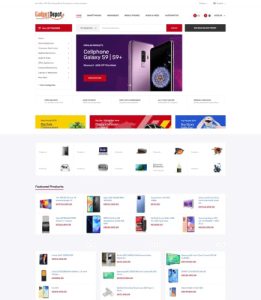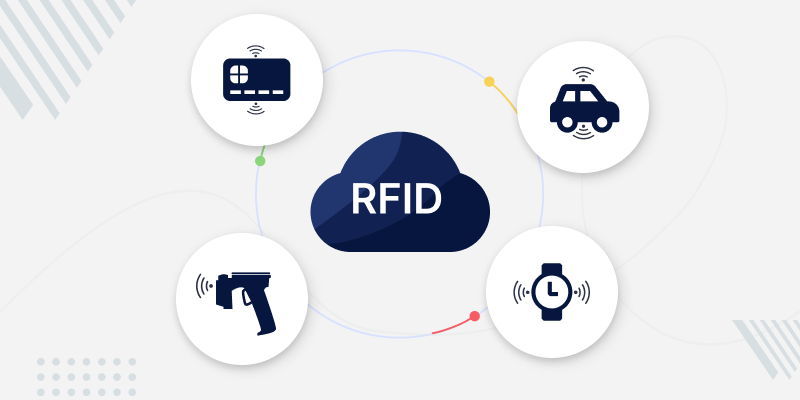Introduction
As we dive deeper into the digital age, events and festivals have grown not only in scale but also in sophistication, with their success increasingly hinged on innovative organization and robust attendance. E-Startups Kenya is at the forefront of this evolution, introducing an exciting new payment method for food festivals: RFID technology.

Unveiling a New Era of Transactions with RFID
Gone are the days of cumbersome cash transactions. The new buzzword is “cashless,” a concept that RFID technology brings to life at food festivals. By employing RFID wristbands and cards, attendees can now enjoy a seamless purchasing experience, gaining easy access to the festival and making hassle-free bulk purchases at various stalls.
What is RFID?
RFID stands for Radio Frequency Identification, a cutting-edge wireless communication technology that operates through electromagnetic fields to identify tagged objects, such as festival merchandise or food items.

How Does RFID Work?
Key Components of RFID Systems:
- RFID Reader: This device emits radio waves to communicate with tags, receiving signals back via its antennas.
- RFID Tags: These are embedded with smart barcodes to track items effectively.

Operation:
RFID systems consist of a scanning antenna and a transceiver, known as the RFID reader, coupled with a transponder within the tags. Whether fixed or mobile, these readers decode data transmitted by tags within their range, influenced by tag type, reader specifications, and environmental factors.
Advantages of RFID in Food Festivals
RFID technology is transforming event management, offering numerous benefits that enhance the festival experience:
- Streamlined Entry and Payments: RFID systems eliminate long lines, speeding up entry and transactions through quick scans of RFID wristbands.

For eliminating the lines, the system can be used to scan tickets at the entry gate. The same readers can be used as wrist bands and that can be helpful in the purchasing of food, items, beverages, etc.
It is one of the best payment gateways to use in such types of events.
- Enhanced Customer Satisfaction: The convenience of RFID transactions allows festival-goers to enjoy their experience without the frustration of long waits, boosting overall satisfaction.

- Reduced Staff Requirements: The simplicity of the RFID system reduces the need for extensive staff or complex equipment, cutting down operational costs.
.

- Effective Brand Promotion: Incorporating company logos on RFID cards and wristbands not only enhances brand visibility but also leverages social media for broader promotional reach.
- Robust Security: RFID offers a secure transaction method, reducing the risk of theft and fraud, as all transactions are digitally recorded and easily traceable.
Challenges and Solutions with RFID Technology
While RFID brings numerous advantages, it also faces challenges like reader and tag collision—issues that are effectively mitigated through advanced anti-collision protocols ensuring smooth operation.

Conclusion
Implementing RFID technology at food festivals not only streamlines operations but also significantly enhances the attendee experience, making events more enjoyable and secure. As festival managers strive for efficiency and safety, RFID stands out as a key technology that can handle the demands of large-scale events effortlessly.


